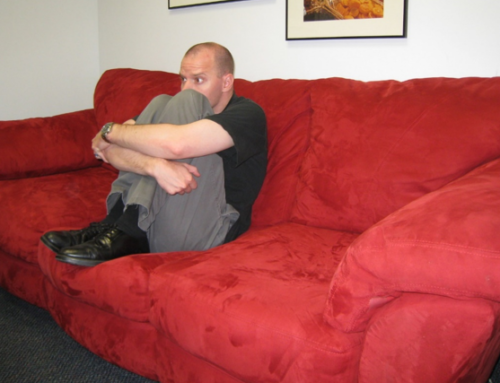Being bullied is a traumatic experience for a child. It leaves them feeling hurt, alienated, depressed, and anxious, and/or experience lower self-esteem. Some children who are bullied are more likely to bully others. With the advent of the digital age, there are far more opportunities for bullying through the internet, cell phones and social media. Cyberbullying can have far more lasting consequences because one often cannot confront the abuser, there is a wider audience of observers, and it never goes away.
If your child complains about being bullied, talk to him/her and get the facts. Not every negative incident of meanness or rejection constitutes bullying. One child criticizing another may not be bullying, but instead might merely represent the perpetrator’s impulsive actions, immature behaviors, or poor social skills with no intent to harm. In these situations, children have hurt feelings, and we need to counsel them how to respond. On the other hand, actual bullying occurs when there is a power difference between the perpetrator and the victim, such as size, strength, popularity, or age. Bullying intends to cause harm and is not accidental. Bullying is often repeated acts of hostile, abusive actions or words.
How Can Parents Make Their Child More Resilient to Bullying?
- Have a discussion with your child about what is bullying.
- Tell the child to inform someone who can help, such as the parent or a teacher at school. Tell him/her that you want to stay on top of this.
- Do not feed into bullying by seeking revenge. That is often what the bully wants.
- If the bullying was done electronically, do not delete it; it may be evidence. Show it to someone who can help.
- Reassure your child that bullying is not a statement about them; it is a statement about the perpetrator.
- Sometimes children side with the bully out of fear that the bully will attack them next. Teach your child to resist joining the mob.
- Dialogue and role play how to handle potential incidents. Practice the word, “Whatever,” or the sentence, “How would you feel if someone said that to you?” Or “Don’t talk to me that way.” Or just ignore the entire incident and walk away.
- Encourage children to make allies that will stick up for each other when in need.
- Ask the teachers and school administrators about their policies in dealing with bullying. Teach empathy for one another in the classroom. Counsel both the victim and the perpetrator. Form a partnership with the school.
Gail R. Karafin, Ed.D.
Licensed Psychologist
Certified School Psychologist
PPA Interpersonal Violence Sub-Committee Chair for Bullying/Cyberbullying






